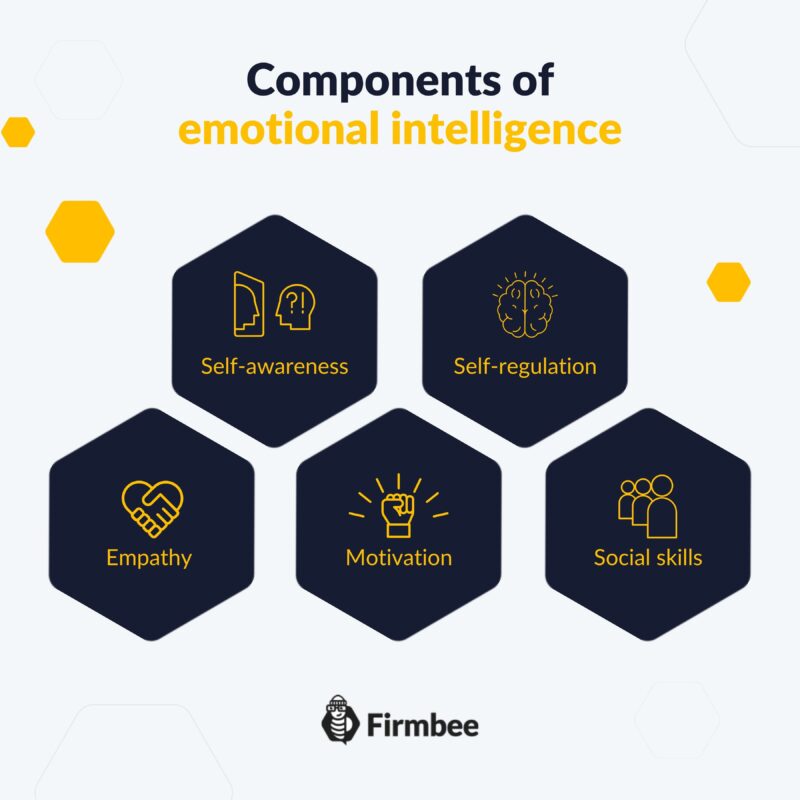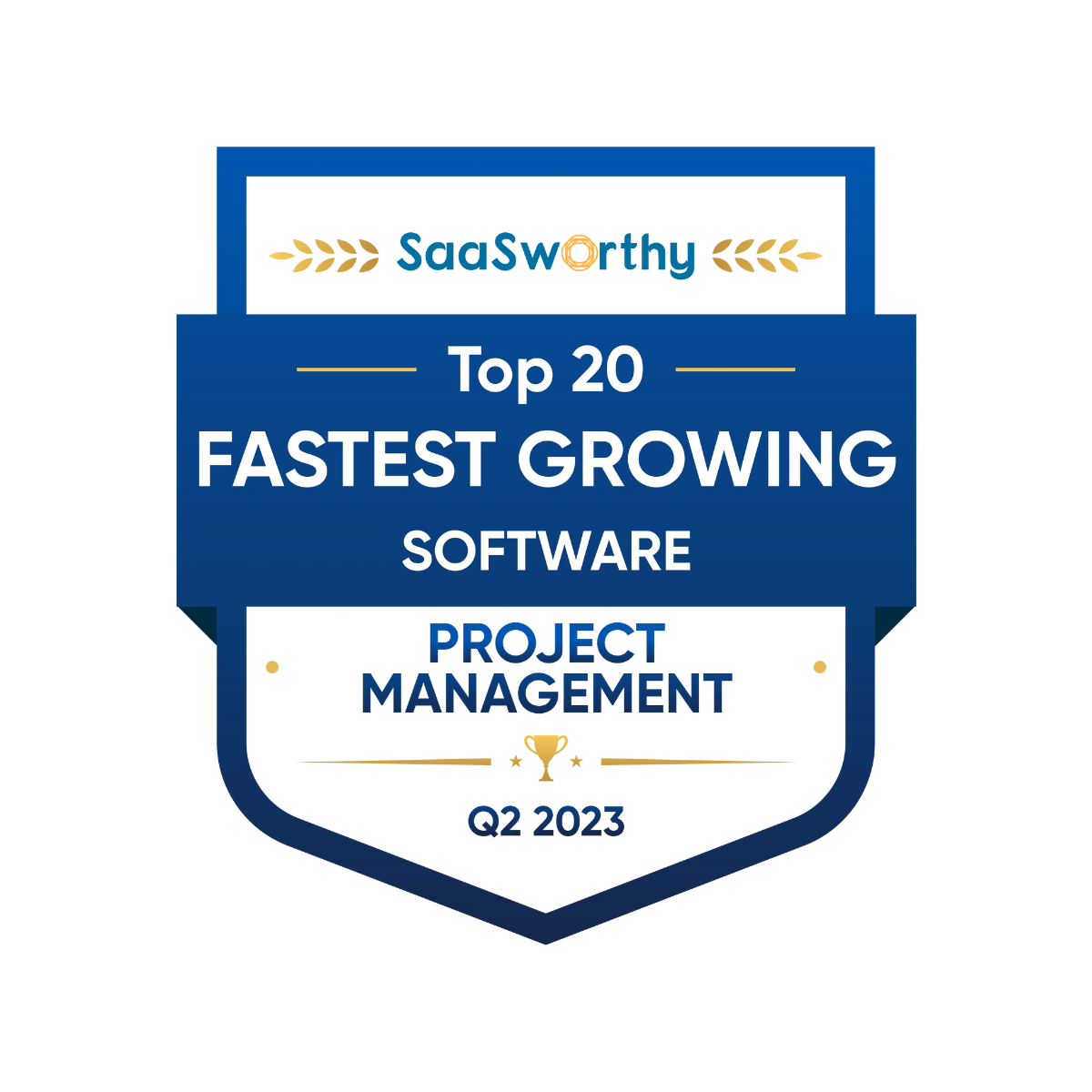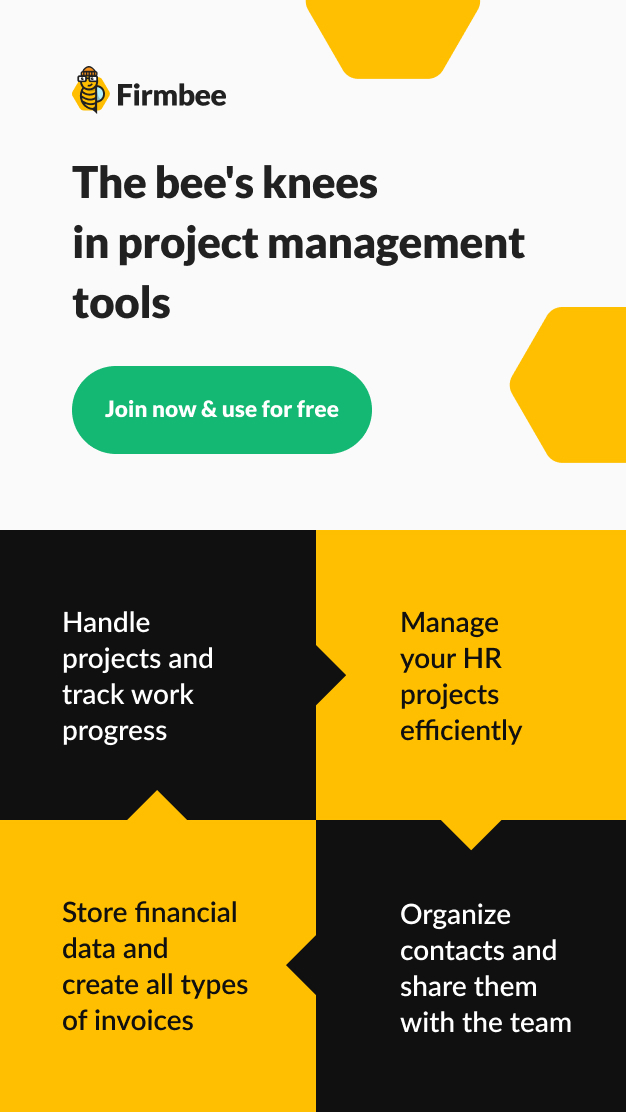Life these days largely revolves around productivity. Whether you want to achieve success in life, work better or be more efficient, the moment you research the issue you will see the corporate philosophy of productiveness with its methods and clichés will always resound in all articles and videos you find.
As you know, it’s not good to go to extremes, and you need to remember proper self-care in the pursuit of being super-productive. Productivity, however, is a quality worth cultivating. It is influenced, among others, by emotional intelligence.
Emotional intelligence and motivation – table of contents:
- Emotional intelligence – what is it?
- Components of emotional intelligence
- Emotional intelligence and motivation
- How to develop your emotional intelligence and motivation
- Emotional intelligence and motivation – what else?
- Remember, Rome wasn’t built in a day
- FAQ – emotional intelligence and motivation
Emotional intelligence – what is it?
The term was first used in 1990, when Peter Salovey and John Mayer defined the phenomenon, allowing it to develop over time. The researchers noted that the ability to understand other people and sympathize with them have a huge impact on a person’s functioning in society. This is because it facilitates communication that in turn affects good relationships with other members of society.
Emotional intelligence (EI) should not be confused with intelligence quotient (IQ). Almost 60% of employers would not hire someone with a high IQ but low EI 1. Furthermore, 80% of employees consider emotional intelligence to be a key factor in their career development.
So what is this mysterious-sounding emotional intelligence? In a nutshell, emotional intelligence is the ability to recognize one’s own feelings to motivate and manage emotions we have towards ourselves and the people around us.
Components of emotional intelligence

The elements that make up emotional intelligence:
- self-awareness, or self-esteem, and belief in one’s abilities;
- self-regulation, which involves controlling one’s emotions;
- empathy, or noticing and recognizing the feelings and needs of others, sensitivity in its broadest sense;
- motivation, i.e. getting involved and striving for the set goals;
- social skills, i.e. skills that enable us to function properly in social situations and enable us to communicate appropriately.
Emotional intelligence and motivation
At first glance, you can tell that developing these 5 factors above can effectively help you increase your productivity. You probably associate it with, whether it’s from social media or from a closed circle, people who lead lives as they were in American movies. Career, family, self-development, pleasure – they are able to find time for everything and you sometimes wonder if they have supernatural powers or it’s something wrong with you? Neither answer is correct!
Most likely, these people simply have highly developed emotional intelligence and motivation. It enables them to set and achieve their goals faster, which makes them more successful. In addition, EI improves interpersonal communication and affects your performance at work, leadership, and overall sense of happiness in life.
For many people the pursuit of the highest productivity results in stress and analyzing their every move that definitely sets them apart from the expected outcomes.
Constant frustration is not facilitating effectiveness – at this point, it is important to realize that only through greater awareness of emotions, both our own and those of the people around us, we can influence our productivity. Emotional intelligence is a value that will help us achieve our intended actions and expand our potential. There is only one condition – you have to practice.

How to develop your emotional intelligence and motivation
- There are several steps to follow in order to develop emotional intelligence and motivation. If you have read the beginning of this article, you have already taken the first step – understanding where the term comes from, what it is and what it consists of.
- The next step is to figure out what our level EI is at – whether it’s highly developed or maybe you need to work on it. To find out, you can take tests, usually consisting of a dozen or so questions, which will determine your level of emotional intelligence.
- The third type of action you should take is to learn more about the subject from inspiring people – here, for example, listening to TED Talks from the spheres of motivation, productivity and emotional intelligence itself can be a good idea. This will give you more insight into these areas and help you to develop further.
- The fourth step is time to be socially responsible. Think about getting involved in some charity work. Be socially active. Of course, don’t do anything against your will forcefully – you need to be honest with yourself, which will become easier as you develop emotional intelligence.
- The fifth stage concerns the environment in which you work every day. Pay attention to it, make it clear, comfortable and let your creativity and productivity flourish.
Emotional intelligence and motivation – what else?
Developing emotional intelligence doesn’t happen overnight. To positively impact your productivity and self-organization you must first organize your thoughts and emotions, learn to distinguish and control them.
Listen to your body – if you feel you are shouldering too much, stop and rest. Try to connect your emotions with the thoughts that are arising. Meditation, for example, which you can practice every morning or evening, helps. Also consider keeping a journal of your thoughts – this will help you understand your behaviors better and the emotions that accompany them.
Assertiveness, which develops as emotional intelligence increases, also has a large impact on productivity. Control over your decisions and not being influenced by other people is a key. Thanks to this we don’t waste time on things we don’t want to do and we can distinguish those that will be ineffective. Just as important is feedback – ask for opinions and constructive criticism from your friends, colleagues. Being aware of your actions and their effects will make it easier to figure them out and develop positive habits.
Remember, Rome wasn’t built in a day
Don’t be discouraged if you don’t feel an increase in productivity right away – developing emotional intelligence is not a one-time thing, but an ongoing learning experience and working on our emotions and behaviors. Sooner or later you will start to notice that you are more aware of yourself, and you will make decisions according to how you feel. A greater understanding of yourself will have a positive impact on communication with people and empathy. This in turn leads to the elimination of factors that stand in the way of your high productivity.
If you like our content, join our busy bees community on Facebook and Twitter!
Author: Caroline Becker
As a Project Manager, Caroline is an expert in finding new methods to design the best workflows and optimize processes. Her organizational skills and ability to work under time pressure make her the best person to turn complicated projects into reality.
The most important questions
-
What is emotional intelligence?
Emotional intelligence is the ability to recognize one’s own feelings to motivate and manage emotions we have towards ourselves and the people around us.
-
What makes up emotional intelligence?
There are 5 components to emotional intelligence: self-awareness, self-regulation, empathy, motivation, and social skills.














